As Lead Instructors, faculty and staff, work in conjunction with a current undergraduate Peer Leader to guide discussions within a section of FYS 101, hosting up to 19 students. Discussions are anchored around increasing the sense of belonging on campus. Lead Instructors are provided training and ongoing support throughout the duration of FYS 101. Throughout the semester, Lead Instructors lead weekly classes, host one office hour, and help students engage in class conversations as well as within the University community.
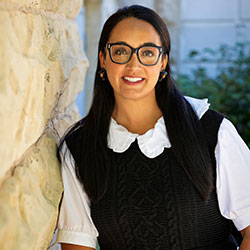 Stephanie Freeney
Stephanie Freeney
Assistant Dean of Budget, Finance and Administration
Stephanie serves as the assistant dean and chief of staff for the School of Architecture. Throughout her tenure, she has established an inclusive, collegial and transparent approach that has significantly elevated the structure of the school. Stephanie works with integrity in everything she does; she cares deeply for the people she has responsibility for and is able to maintain those values throughout each facet of her portfolio. Stephanie earned a bachelor’s of science degree in mathematics from Georgetown University in 2003 and a juris doctorate from Syracuse University’s College of Law in 2007.
“As a first-generation college student, born and raised in a small rural village located in the state of Alaska, I find deep value in connecting with our students and creating a University environment that is welcoming to all!”
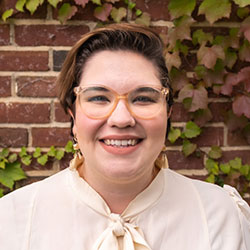 Taylor Gale (she/they)
Taylor Gale (she/they)
Assistant Director of Student Living, North Neighborhood
Taylor has been at Syracuse University since January 2022 when they joined the Student Living team as an assistant director. Taylor enjoys reading, writing, singing and spending time with her dog, Tucker. Taylor is so excited to begin her third semester as a Lead Instructor for FYS and connecting with more students on campus in her third full academic year as an assistant director.
“There is something so special about creating an environment in which students feel safe and encouraged to ask questions about and have discussions around diversity, equity, inclusion, and accessibility. I love to see students get more comfortable expressing identities important to them and learning new things about others – to me there is no greater preparation students can have for being socially responsible citizens.”
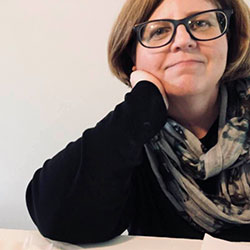 Denise Heckman (she/her/hers)
Denise Heckman (she/her/hers)
Associate Professor, Coordinator, Design Studies Minor
Before transitioning to academia, Denise co-founded Motive Design Research, a design and consulting firm. She worked as a designer and design researcher across various sectors, including startups, biotech, medical, consumer products and arts organizations. Her teaching has encompassed visual design, creativity and research, contributing to a wide range of industries.
“Teaching in the FYS101 program is a way to build connections and gain different perspectives! Engaging with a diverse group of students from various majors, especially when everyone is new and adjusting, can foster unique conversations and ideas.”
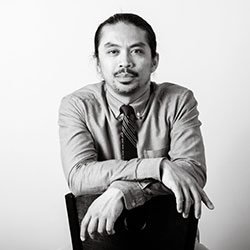 R.J. Santander Malabanan (he/him/his)
R.J. Santander Malabanan (he/him/his)
Part-Time Instructor
R.J. is an interdisciplinary educator who has taught FYS 101 since 2020. He is a Syracuse University alumnus, earning three graduate degrees and Certificate of Advanced Studies from the College of Arts and Sciences and the School of Education in Spanish, linguistics, and education. A certified public school Spanish teacher, he also teaches AAA 101 “Introduction to Asian/Asian American Studies” during the fall semester.
“Teaching as an FYS 101 instructor offers me, an S.U. alumnus, a unique opportunity each semester to connect my own sense of purpose as an educator with that of my own experience and journey as a first-generation college graduate. I especially enjoy creating a learning space in which all of the students, the peer instructor and I establish a genuine learning community, one in which throughout the semester we collectively not just talk about S.U.’s values but, furthermore, we practice those values throughout the semester while simultaneously explore the possibilities studying at S.U. affords all of us.”
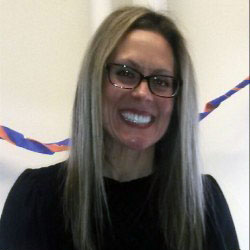 Janine Nieroda, Ph.D. (she/her/hers)
Janine Nieroda, Ph.D. (she/her/hers)
Associate Teaching Professor
Janine has over 20 years of experience teaching on the secondary and college level. She completed her Ph.D. in literacy education at Syracuse University. Dr. Nieroda specializes in college learning strategies and instructional assessment practices in secondary education and higher education to maximize equity, inclusion and strategic engagement in learning.
“FYS 101 continues to inspire me as an educator not only because of the nuanced and complex content, but the ways that it fosters connection with students enhance a sense of belonging at SU. I am honored to be part of the FYS 101 teaching team.”
